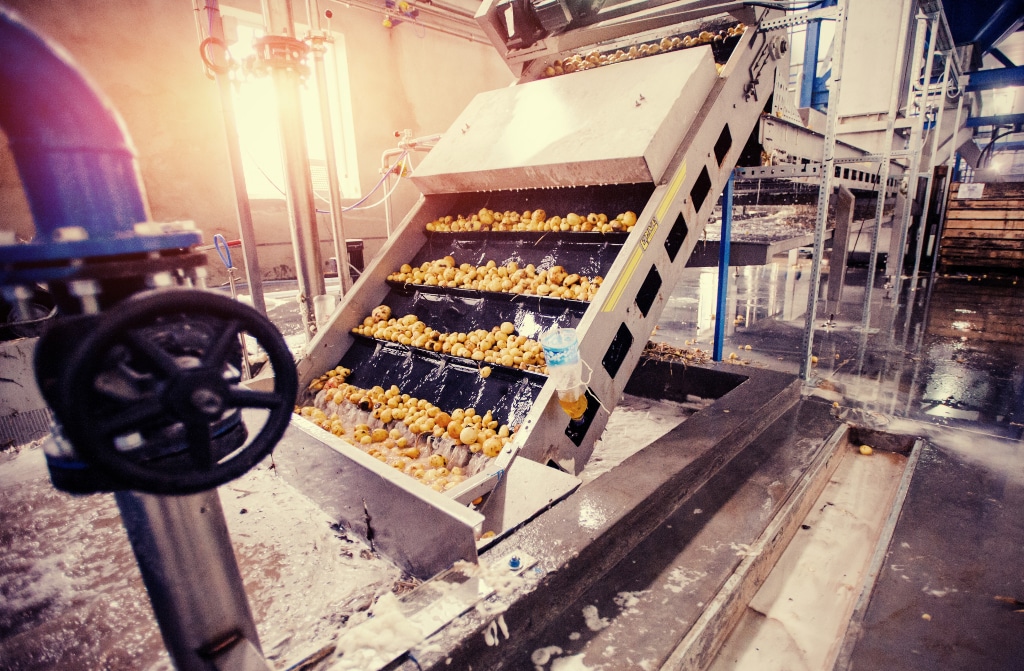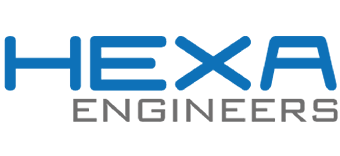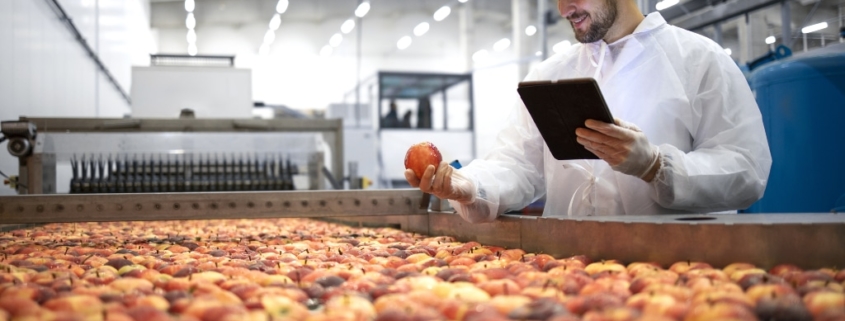Digital technologies to overcome supply chain challenges in the agriculture industry
Supply Chain A common agricultural supply chain includes farmers, suppliers, processors, distributors and consumers, among other links. The impact of external factors on agricultural production, such as climate, pests and diseases, which are difficult to predict and control, makes it very difficult to meet the established objectives. Lack of traceability in the agricultural supply chain, slower financial transactions, intensive manual labor, and other challenges raise concerns around the efficiency of the agricultural supply chain. As if that were not enough, counterfeits can also exist at each stage of the supply chain and negatively affect all interested parties, commercially and legally.
A more resilient supply chain through digital
These challenges can be turned into opportunities through the use of digital technologies to improve agricultural productivity and efficiency of field workers through the digitization of various field operations and the constant improvement of agricultural practices based on real intelligence. that provides actionable information. Next we will see how technologies are helping in supply chain management.- Reduce post-harvest losses with Artificial Intelligence
- Potential Elimination of Fraud and Counterfeiting

- Traceability
- Agricultural finance
- Food safety









